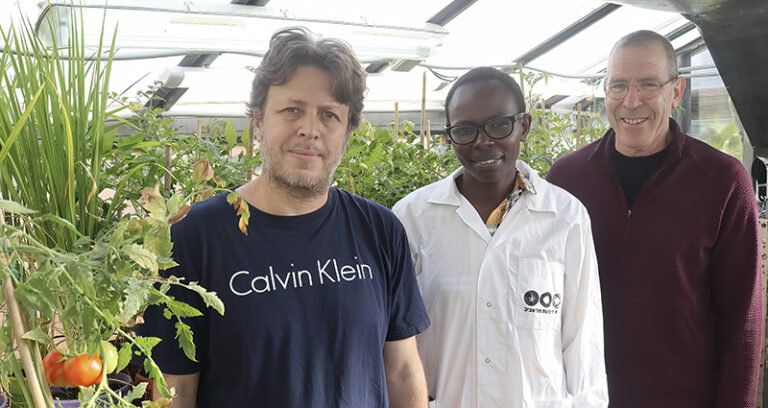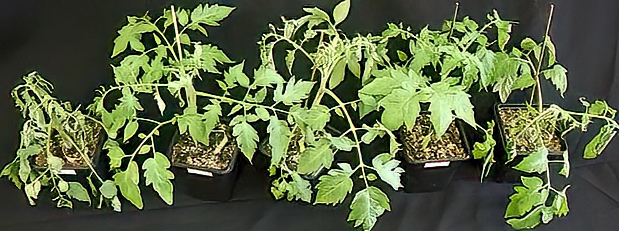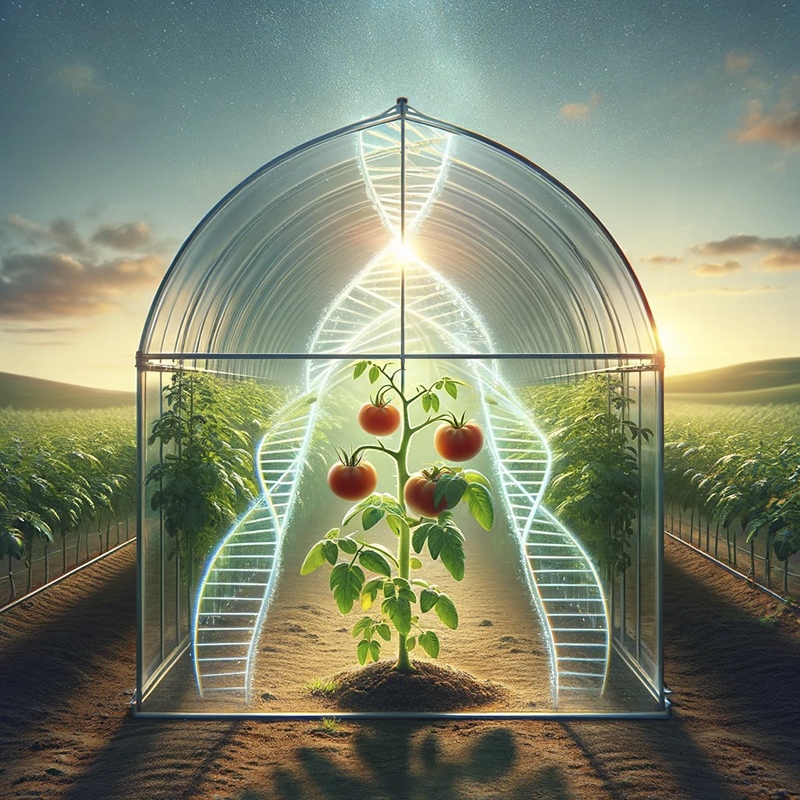
Israeli Scientists Utilize CRISPR Technology for Sustainable Farming: Advancing Towards Water-Saving Tomato Cultivation
In an era marked by the challenges of global warming and the increasing scarcity of freshwater resources, the urgency for sustainable farming practices has never been greater. At the forefront of addressing this pressing issue, a pioneering team at Tel Aviv University, led by Prof. Shaul Yalovsky and Dr. Nir Sade, alongside international collaborators, has achieved a significant breakthrough. Through the innovative application of CRISPR genome editing technology, they have developed tomato varieties that not only conserve water but also do so without sacrificing yield, quality, or taste. This groundbreaking work, published in the prestigious Proceedings of the National Academy of Sciences (PNAS), confronts the critical challenge of reducing agricultural water use head-on, while simultaneously deepening our understanding of the complex biological mechanisms governing plant water management and photosynthesis.
In our interview, Professor Shaul Yalovsky explained that plants evaporate water from their leaves through a process known as transpiration, which is crucial for nutrient transport and cooling. At the same time, it facilitates the absorption of carbon dioxide, which is necessary for the plant to produce sugars through photosynthesis. These two critical processes—transpiration and carbon dioxide absorption—are carried out through special openings on the surface of the leaves, known as stomata. In dry conditions, plants reduce water loss by closing these openings, but this inevitably reduces the absorption of carbon dioxide, thereby decreasing the production of sugars through photosynthesis. This reduction in sugar production significantly impacts plant growth and crop yield, leading to a decrease in the number of fruits, their weight, and sweetness.


Addressing this issue, the researchers targeted the ROP9 gene, crucial for regulating stomatal opening. By editing this gene, they enabled the plants to modulate stomatal closure more effectively, reducing water loss during peak transpiration times without compromising carbon dioxide capture and sugar production. This strategic modification unveiled a novel regulatory mechanism tied to the levels of reactive oxygen species, providing a promising avenue to enhance crop resilience under water-limited conditions. Field trials confirmed that the ROP9-modified plants conserve water while maintaining photosynthesis and fruit quality, heralding a new era of water-efficient agriculture.
Dr. Yalovsky’s journey from an undergraduate fascinated by developmental biology to a leader in applying CRISPR technology to agriculture underscores a dedication to innovation and addressing global challenges. The research led by his team at Tel Aviv University, exploring small G proteins and the mechanisms by which tomatoes adapt to use water more efficiently, represents a critical milestone toward sustainable farming practices. By paving the way for crops that require less water, their pioneering efforts support the development of farming methods that are not only sustainable but also protective of our environment.
The potential of these advancements extends beyond tomatoes to other crops such as peppers, eggplants, and wheat, suggesting a widespread approach to improving agricultural water efficiency. As CRISPR technology continues to drive agricultural innovation, the vision of achieving a sustainable balance between agriculture and Earth’s finite natural resources is becoming increasingly realistic. This transformation, rooted in scientific exploration and a response to environmental challenges, highlights the disruptive potential of genetic research in shaping the future of global agricultural sustainability.
Driven by collaborative efforts and a commitment to environmental protection, the contributions of Prof. Yalovsky, Dr. Sade, and their team are pivotal in connecting scientific advancements with sustainable development. Their achievements not only address the pressing need for water-saving agriculture but also spark a broader conversation about adopting sustainable practices across various agricultural contexts. Offering new hope and direction in the face of climate change and water scarcity, their work illuminates a path toward a more resilient and sustainable global food system.
